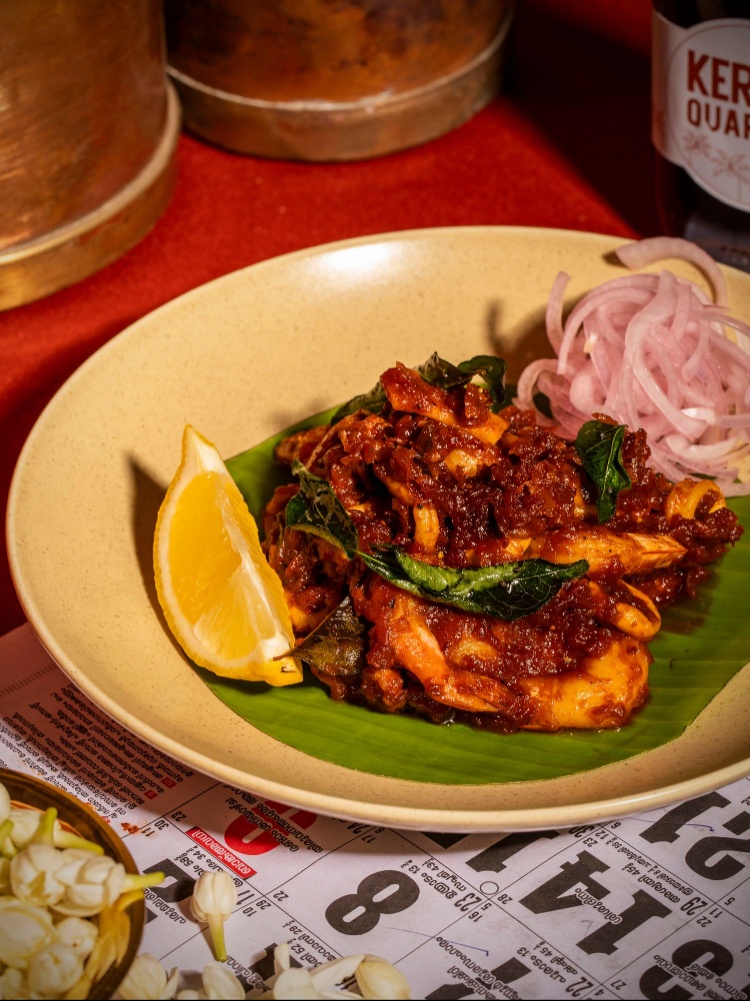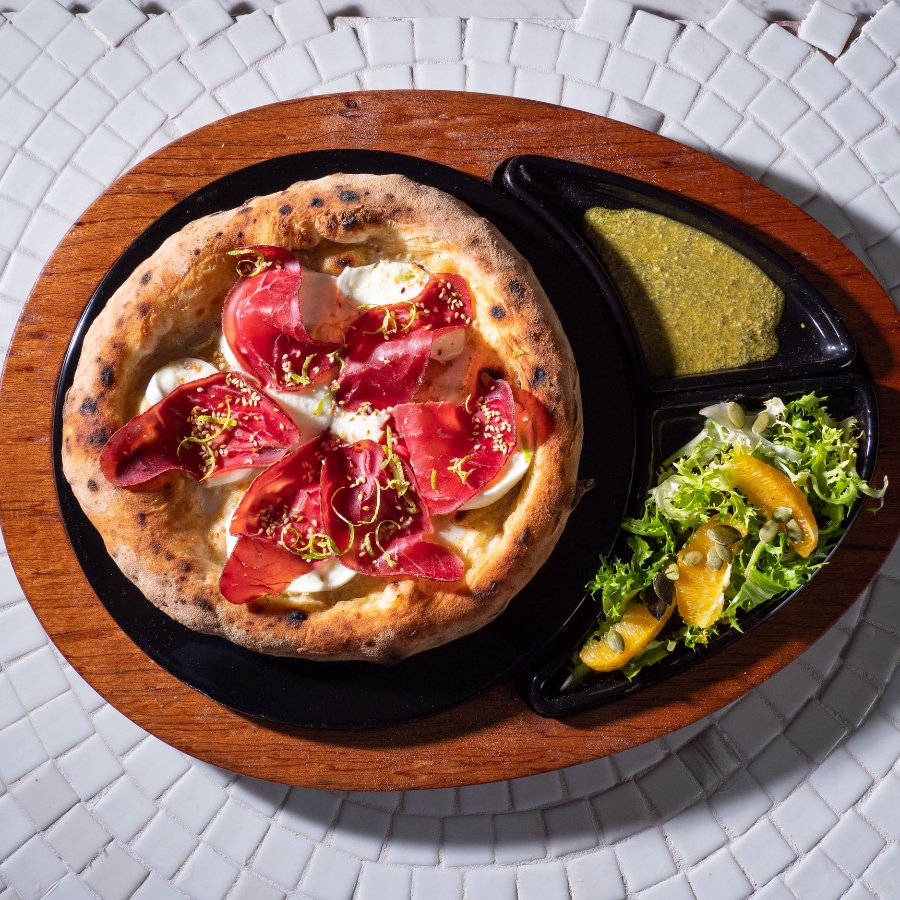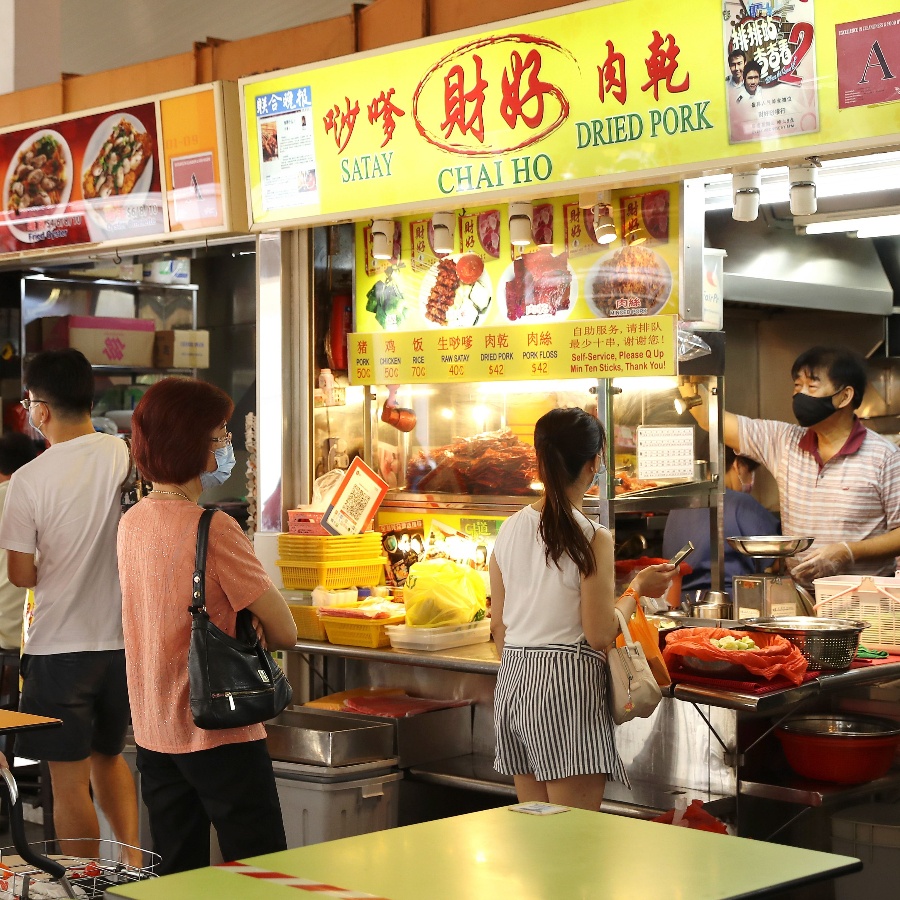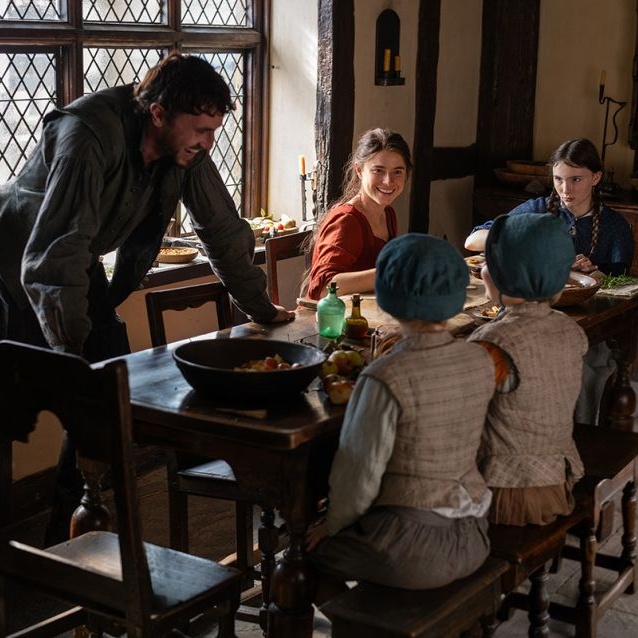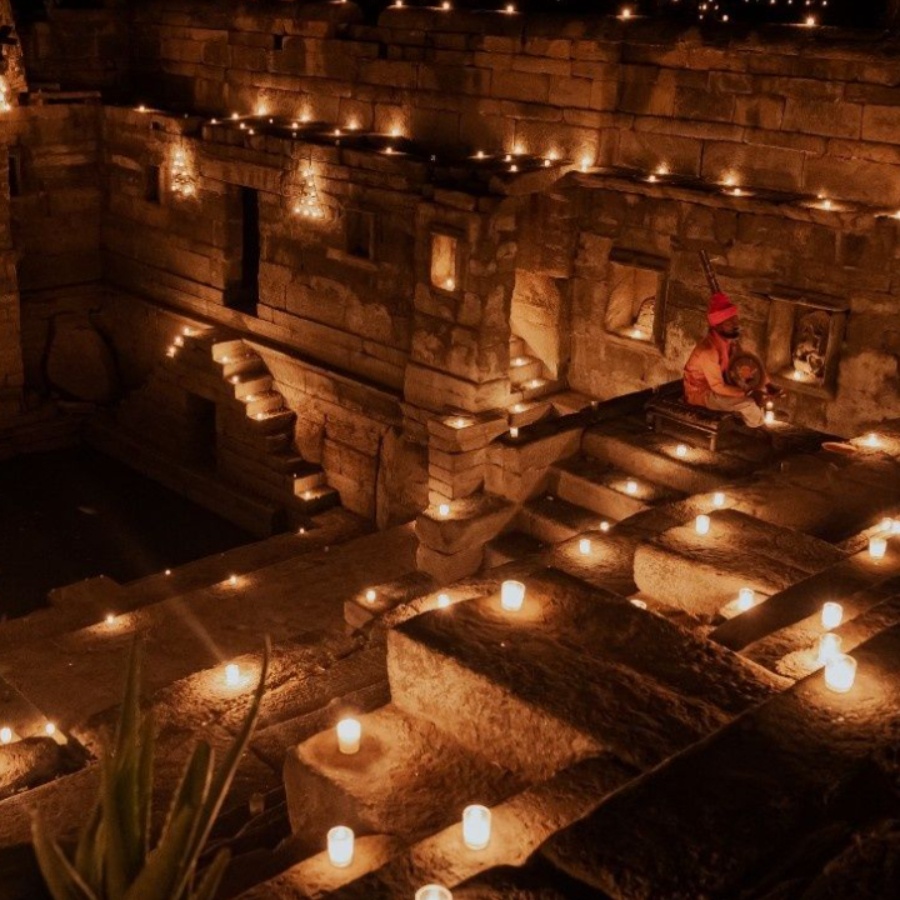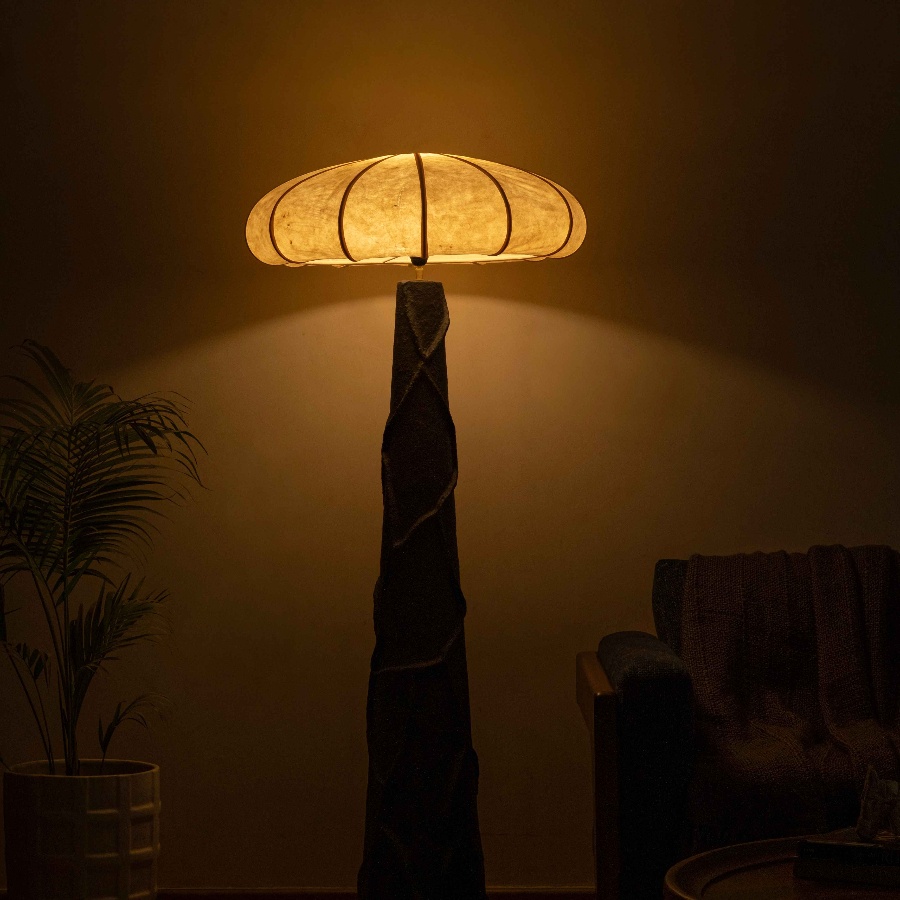Mumbai doesn’t have enough Mallu restaurants. While I’ve frequently dined at several of the old stalwarts (Sneha, Deluxe, Taste of Kerala) and am a loyal patron of home-kitchen outfits such as the Appam Stories, I miss a geographically accessible Mallu place where I could stretch a Sunday afternoon or end a Saturday night. I’m not sure if the newly opened Kerala Quarters is that place just yet (besides, traffic really rots in Lower Parel). But on a brief visit recently, I was glad to note that its expansive menu, which serves everything from puttu and kadala curry to panni ularthiyathu (slow-roasted pork belly), also spotlights food from Kerala’s famed toddy shops.
Malayalis who appreciate a good tipple will tell you that toddy shop food is a sub-cuisine in itself. It defines unpretentious wholesomeness and deserves wider appreciation. Toddy shops (barring the touristy ones you see on social media) have an irreplaceable vibe. I’ve been to some so picturesque—bang in the middle of impossibly green rice fields or on the banks of a lagoon—that they take experiential drinking to another level. Inside, it’s different: plastic chairs, toddy served in plastic bathroom mugs, sullen old men, and, depending on which part of the state you’re in, an array of the legendary ‘touchings’ or tapas-style side plates, which reportedly became a regular feature at toddy shops in the 1970s.
No one really knows how the word ‘touchings’ entered Malayalam. At hole-in-the-wall beverage shops, you’ll see local drunks standing and drinking a shot (much like the Italians take their coffee), and finishing it off with a smidgen of pickle. Most likely, the word came from the literal act of touching (and licking) the tangy house pickle after taking a swig. Or did it belong to the quaint family of slang or loan words such as ‘yamandan’ (Malayalam for ‘huge’; named for a corruption of MS Emden, a German warship that prowled the waters around India during World War I) or ‘knappan’ (‘good for nothing’, named, or so the story goes, after Sir Arthur Rowland Knapp, a bungling British dignitary in Malabar in the early 1900s)?

